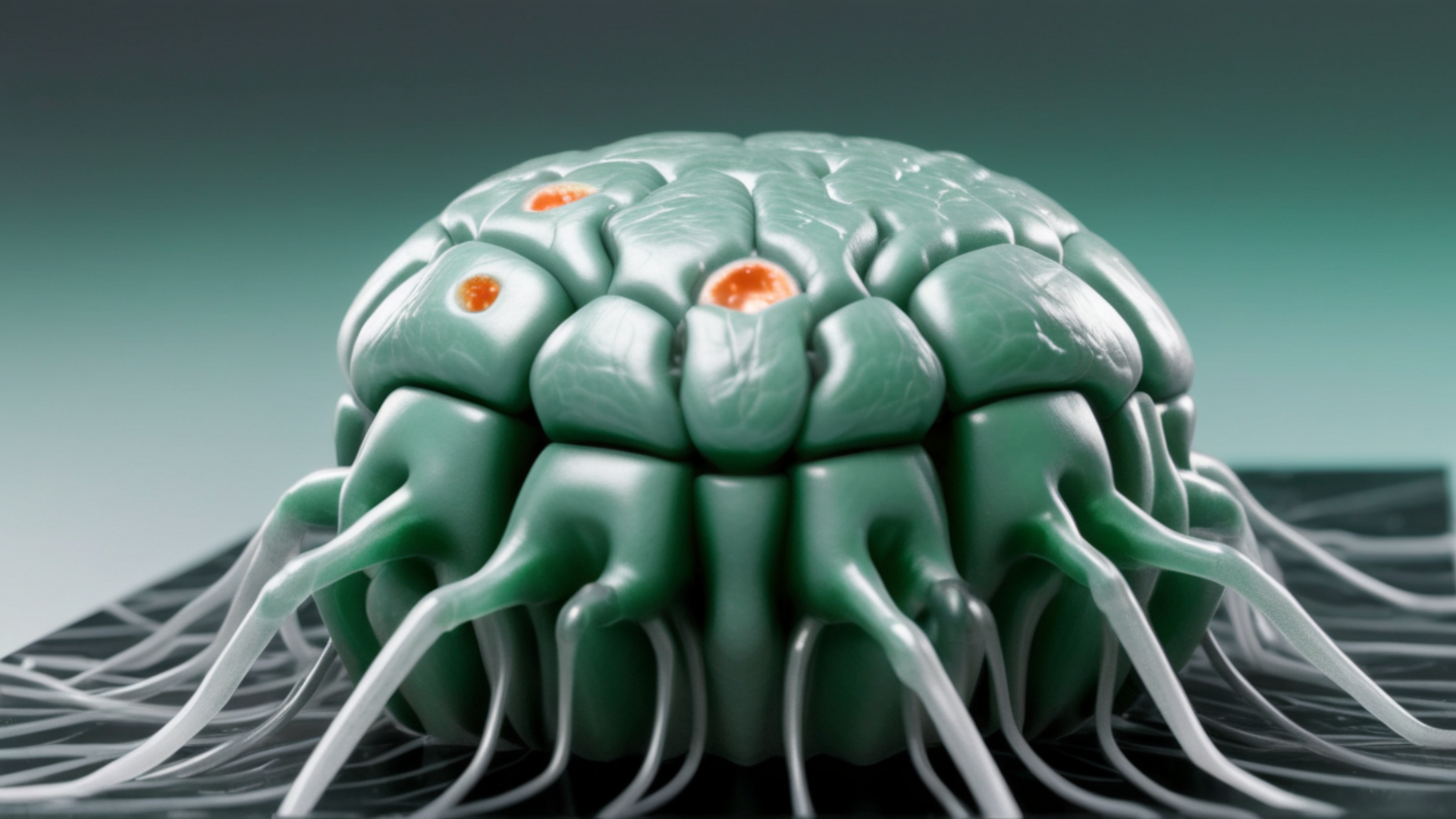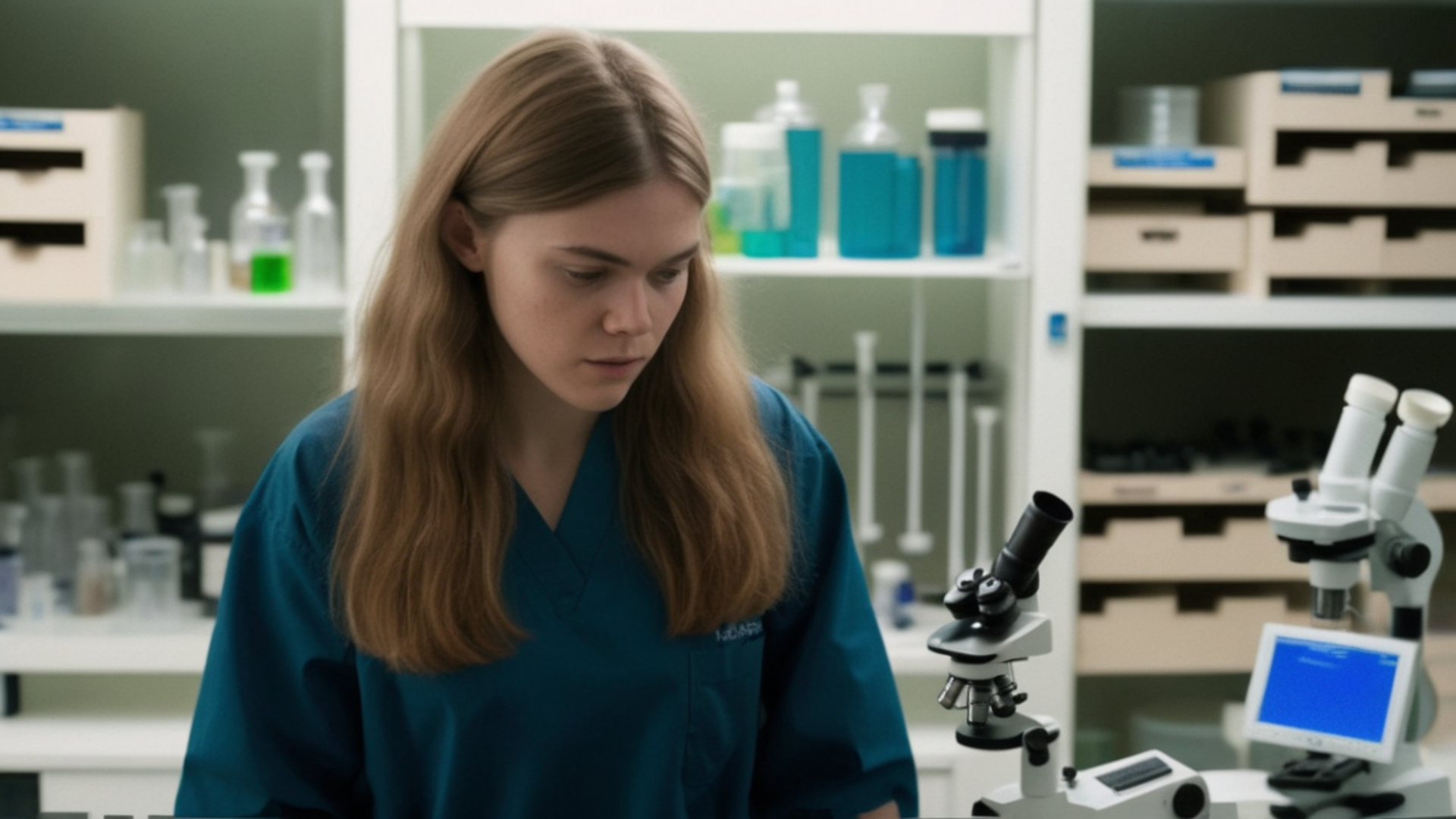Unlock your potential with life coaching techniques like active listening and the Wheel of Life! Discover clarity, balance, and empowering strategies to turn aspirations into action and growth.

Life Coaching Techniques Explained
Life coaching thrives on techniques designed to empower clients to navigate challenges, clarify goals, and unlock their potential. One foundational approach involves active listening, where coaches prioritize understanding a client’s words, emotions, and unspoken needs to build trust and foster self-awareness. This creates a safe space for clients to explore their aspirations and barriers without judgment, laying the groundwork for meaningful progress.
A popular tool, the Wheel of Life, helps clients visualize life balance by rating satisfaction across key areas like career, relationships, and health. By mapping these domains, clients identify neglected aspects and collaborate with their coach to prioritize actionable steps. For example, someone scoring low in "personal growth" might commit to weekly skill-building activities, while another focusing on "family" could set boundaries to improve quality time.
For clients seeking clarity amid life’s fluctuations, the Life EKG offers a creative framework. Coaches guide clients to chart their life’s highs and lows chronologically, pinpointing pivotal moments. Analyzing these events reveals patterns in decision-making, resilience, and values, enabling clients to leverage past strengths during future challenges. This technique often uncovers hidden motivations, such as a career shift rooted in a long-forgotten passion.
Mindset coaching zeroes in on limiting beliefs—like “I’m not good enough” or “Success requires sacrifice”—that hinder growth. Coaches use reframing exercises to replace negative self-talk with empowering narratives, such as transforming “failure” into “feedback.” Similarly, intuitive coaching blends traditional goal-setting with spiritual exploration, encouraging clients to connect with their inner wisdom. This might involve journaling prompts like, “What would my future self advise me to do next?” to align actions with deeper purpose.
Ultimately, effective coaching adapts to individual needs, whether through structured tools or fluid, curiosity-driven conversations. By blending empathy with accountability, coaches help clients bridge the gap between where they are and where they want to be, turning insights into lasting transformation.
- Active listening is a foundational approach in life coaching that helps build trust and self-awareness by understanding a client's words, emotions, and unspoken needs.
- The Wheel of Life tool allows clients to visualize life balance across key areas like career, relationships, and health. Identifying neglected aspects can lead to prioritizing actionable steps for improvement.
- The Life EKG is a creative framework that helps clients chart their life's highs and lows chronologically, revealing patterns in decision-making, resilience, and values, enabling clients to leverage past strengths during future challenges.
KEYWORDS
healthMOST READ
MORE TO READ

Mindfulness Practices Reduce Stress in Modern Life
Mindfulness practices help reduce stress and improve well-being by focusing on the present moment. They enhance emotional regulation and can be as effective as medication for anxiety.

Fruit Fly Brain Shows Unexpected Adaptability
The tiny fruit fly’s brain, with 140,000 neurons, reveals how focus and adaptability thrive under chaos—lessons to rethink wellbeing by filtering what truly matters in life’s noisy moments.

Spider Brains Reveal Human Waste System Insights
Scientists studying spider brains have uncovered a hidden brain waste removal system, which holds clues to Alzheimer’s disease. Nature-inspired research shows our brains have ancient cleaning mechanisms.

Human vs. chimp nerve cell study uncovers rapid evolutionary brain changes
Recent research reveals how rapidly evolving genetic switches called HARs uniquely shaped human brains, fueling our creativity and cognition—while inspiring us to mindfully nurture this evolutionary gift for growth.


